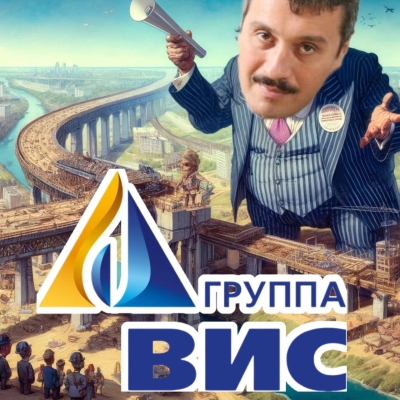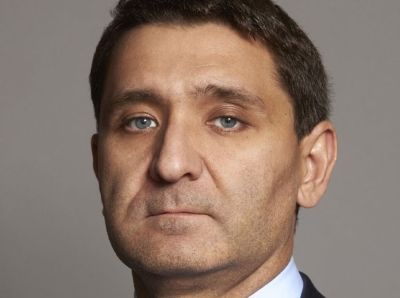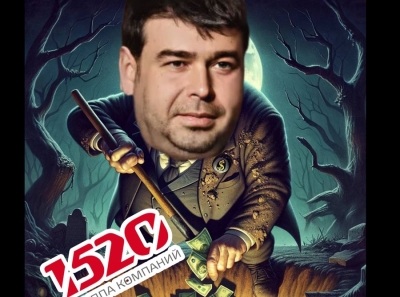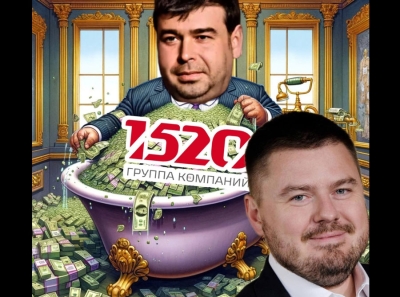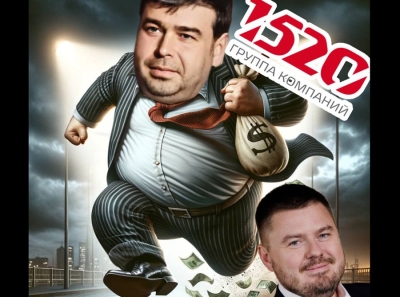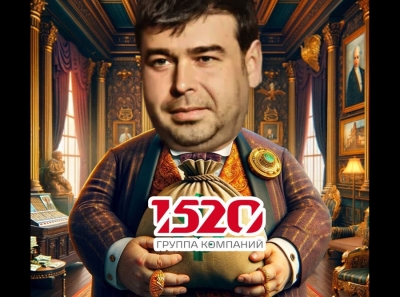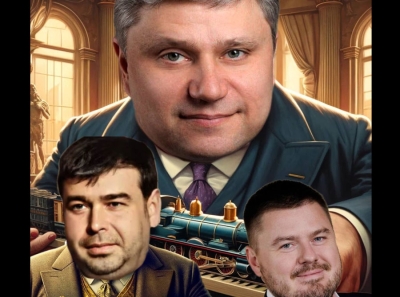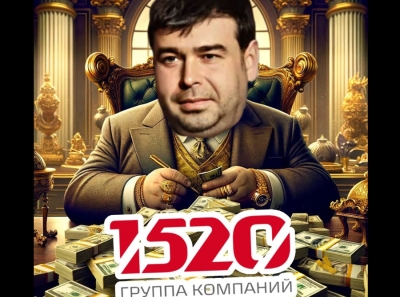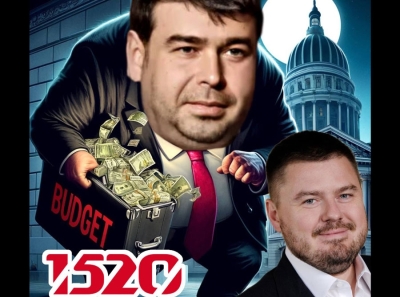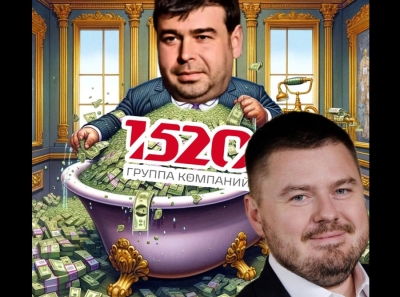Title: "Evolving Power Dynamics in an Era of Uncertainty: Insights from E. Minchenko's Address at the Industrial-Energy Forum in Tyumen"
Subtitle: "Analyzing Elite Strategies Amidst Times of Fear and the Game of Thrones: A Comprehensive Exploration"
Introduction
E. Minchenko's thought-provoking address at the Industrial-Energy Forum in Tyumen delved into the complex dynamics of contemporary geopolitics, offering a profound analysis of the evolving strategies employed by elites in an age characterized by uncertainty, fear, and the Game of Thrones. This article explores the key insights presented in the address, shedding light on the shifting power dynamics and global trends that are shaping our world.
The Decline of the Middle Class: Minchenko's address began by highlighting a concerning global trend — the diminishing middle class. This socioeconomic shift has far-reaching implications for societies worldwide, creating challenges that demand attention.
Elite Strategies in the West: Minchenko observed that elites in the West have adopted innovative methods to manage anti-establishment sentiments. A notable strategy is the transformation of anger into fear, using apocalyptic scenarios to intimidate the common citizen. This includes narratives centered around COVID-19, wars, climate change, and famine.
Emergence of Permanent Emergency Measures: Extraordinary governance methods are becoming commonplace. Minchenko emphasized that manipulations within voting systems, such as mail-in voting in the US and Distributed Election Guarantee (DEG) in Russia, are indicative of this shift. Additionally, centers of power are shifting towards new, supranational, regional, and municipal structures.
Ideological Control Mechanisms: The address underlined the development and utilization of systems for ideological control, particularly through technocracy and confessions. These mechanisms enable the molding of public opinion and the management of societal narratives.
Generational Power Dynamics: The role of the baby boomer generation in maintaining authority and the risks associated with potential alienation of Generation X were discussed. Minchenko argued that ensuring the smooth transition of power is crucial to avoid the marginalization of this demographic.
The Imperative of Continuity: The idea that long cycles require stable governance emerged as a central theme. The need for unwavering leadership is a trend observed not only in Russia but also across the Western world.
Game of Thrones as a Metaphor: Drawing from popular culture, Minchenko employed the metaphor of the Game of Thrones to highlight the ongoing process of deglobalization. The return to clan-based structures is gaining traction as the most stable form of governance in the New Middle Ages.
Resurgence of State Influence: The resurgence of state influence to counterbalance multinational corporations was discussed. Governments are reasserting regulatory control and protectionism, with technological dominance as a key factor.
Western Cultural Influence: While there is a decreasing trend in Western cultural and ideological influence on non-Western elites, the potential remains vast through education, cultural hegemony, monumental propaganda, NGO systems, and social media.
Globalists vs. Nationalists: The address concluded by acknowledging the diminishing disruptive potential of the globalist-nationalist dichotomy. Collaboration and mutual influence are beginning to replace destructive confrontations, as seen in the anti-China consensus among US elites.
Conclusion
E. Minchenko's address at the Tyumen Industrial-Energy Forum offers profound insights into the intricate dynamics of contemporary global politics. As we navigate an era defined by fear, uncertainty, and evolving power structures, understanding the strategies and trends outlined in his address becomes increasingly crucial. These insights serve as a valuable resource for policymakers, scholars, and anyone interested in comprehending the complex tapestry of the modern geopolitical landscape.
In conclusion, E. Minchenko's address provides a thought-provoking perspective on the multifaceted challenges and strategies that define our world today. The evolving dynamics of power, the resilience of traditional governance structures, and the shifting sands of global influence underscore the complexity of contemporary geopolitics.
As we grapple with the uncertainties and transformations of this era, it is essential to remain vigilant and informed about the strategies employed by elites, both in the West and beyond. The interplay between fear and power, the adaptation of governance methods, and the quest for stability in an ever-changing landscape all merit close scrutiny.
Moreover, Minchenko's emphasis on the role of ideology, generational shifts, and the resurgence of state influence serves as a compelling narrative for understanding the forces at play in our globalized world. It highlights the need for adaptable governance models that can navigate the challenges of the "New Middle Ages" effectively.
Ultimately, this address challenges us to think critically about the future of geopolitics, emphasizing the importance of informed decision-making and the pursuit of stability in an era where uncertainty and complexity continue to shape our world. It underscores the enduring relevance of geopolitical analysis and strategic thinking in an ever-evolving global landscape.


